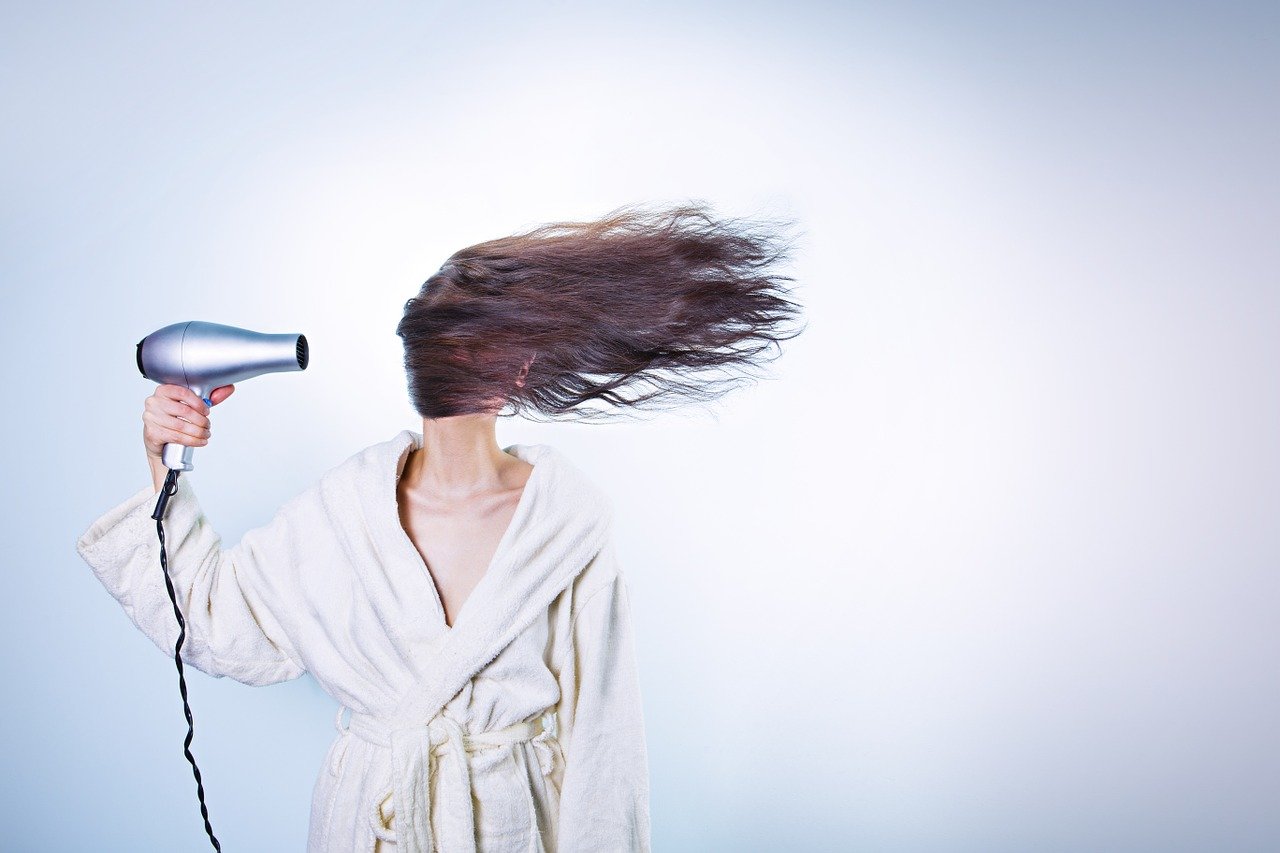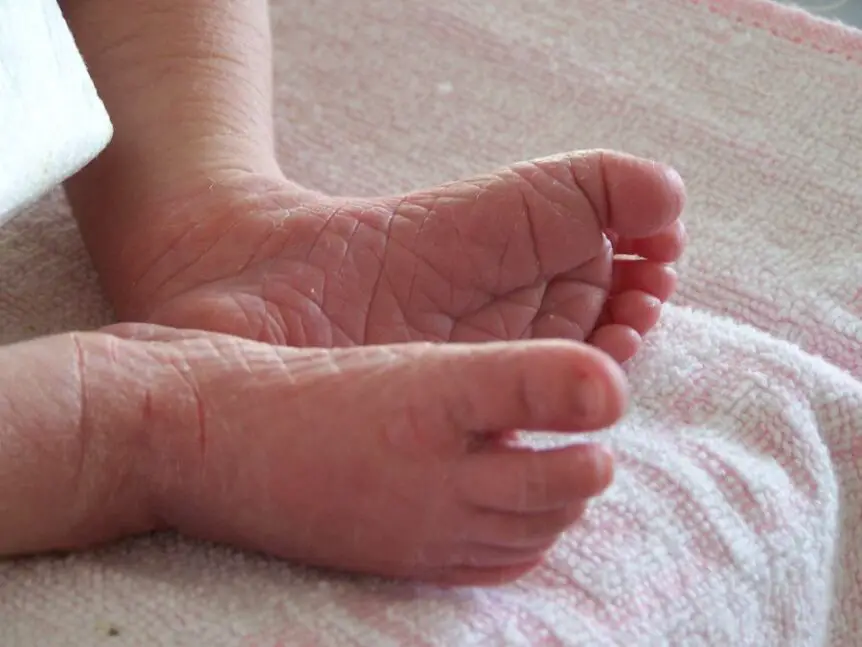
A common question asked by people considering getting an air purifier and even some air purifier owners is whether they dry out the air. It may seem like a simple yes or no question to answer but it’s not all that straight forward and in this post I dive into the details.
Before we get our hands dirty, in summary, Do Air Purifiers Dry Our Air? For air purifiers to dry air they would have to have the ability to reduce the level of water vapor in the air. Most air purifiers don’t have this ability and even those that have filters with some form of desiccant like activated carbon negligibly reduce air moisture. Accordingly, an air purifier innately cannot dry out the air.
Now that the cat is out of the bag, you might still be wondering why you have heard people complain about air purifiers and dry air. You may also be looking either for a way to moisten or dry your air while using an air purifier.
In the rest of this post, I share and answer all these questions on top of providing you with some science-based reasoning as to why air purifiers don’t dry out your air. So, be sure to read through if you want to know all the ins and outs of air purifiers and your humidity level.
Can Air Purifiers Dry Your Air?
Whether air purifiers dry out the air or not is actually such an important question. If you have ever used a hair dryer even on the cool setting, it dries up your hair pretty fast. Looking at how hair dryers dry up your air, it’s so tempting to think if anything similarly blows around the air in a home or workspace, it will dry up your air and reduce your humidity.
However, this is far from true. I think in this discussion, we can already dismiss air purifiers such as ionizers and biotech-based air purifiers as these do not have fans or mover air in any way. These types of air purifiers certainly do not dry out your air.
The question however becomes puzzling when it comes to air purifiers with fans that can move air around quite a bit. The trick here is in understanding the science behind how air dries. So how does our air dry?
This is a very complicated question but let me try to keep things simple in my explanation. When we talk about air drying, we are actually looking at humidity levels and in turn, humidity refers to how much water vapor is in your air. Low humidity levels mean your air is dry and high humidity levels mean your air is moist.
So when you ask if air purifiers dry air, essentially you are asking if they reduce the amount of water vapor in your air. From my research, I found that on their own, it’s very difficult for them to do that, no matter how strong their fan is and how rapidly they move air around your room.
You may find if you sit next to an air purifier or if it’s blowing air towards a wet surface just like a blow dryer, it dries you or the wet surface up but this does not mean it’s reducing the water vapor in your air. In fact, it’s more likely doing the opposite.
If you notice your fan-based air purifier drying a wet surface, the water actually evaporates and essentially increases the amount of water vapor in your air.
However, if you want your air purifier to actually reduce the amount of water vapor in your air it would either have to drop your temperature to a low enough level to condense water in your air back to liquid form or somehow absorb the water vapor.
This all makes sense as naturally, you will notice humidity is largely influenced by things like temperature and rainfall. The story gets even more complicated if you consider other factors like dew point and vapor pressure which are sometimes affected by wind speed but let’s not go there, I digress.
Now looking at my basic scientific explanation, what it all means is that air purifiers that move air around are very unlikely to dry your air as they cannot solely drop the level of water vapor in your air. There is however a minor exception.
Some air purifiers do come with filters like activated carbon filters that can to some extent absorb water vapor but the question still stands, can they absorb enough vapor to cause your air to dry.
Thomas Talhelm and his team at Smart Air Filters actually went and tested this out with an activated carbon-based air purifier. Their test showed that if you have a powerful activated carbon filter in your air purifier you can drop the relative humidity level in a room by up to 2%.
When I look at this, the drop is quite negligible and really will not result in dryer air in your room. Accordingly, based on my experience and what I have found digging around the internet on this topic, I can confidently tell you air purifiers do not dry out the air.
That said they can cause you to feel dry as they may cause the moisture around your mouth, nose, and eyes to evaporate if you sit close enough and directly in the path of their airflow. So ultimately, they do not dry out your air but rather nearby surfaces.
Reasons Your Air Could Be Drying Out?
Now, if it’s not your air purifier causing your air to be dry, what could be the reason? The number one reason I found is air conditioners. If you have ever sat in an air-conditioned office long enough some people develop dry eyes.
Just from the amount of water you see your air conditioner condenser produce and release outside it becomes so obvious that it dries up your air. The same principle for air conditioners applies if you are running an HVAC system.
The other thing is you could actually have a dehumidifier built into your air purifier and you do not know that it’s running. Dehumidifiers are made to dry your air and if you have one running somewhere it could be the reason for your dry air.
To make sure, just google your air purifier brand and model to check out its features. If it has a dehumidifier, that might just be the culprit. To point out the obvious, your air could also be dry due to your climate.
This is something you can check on any weather website like Accuweather. If your relative humidity levels are reported to be below 35% then it’s definitely your weather. You can also use a hygrometer to check this for yourself.
Another appliance that can dry your air is a heater. When you use a heater to warm your room, the capacity of the air in your room to hold moisture does increase.
However, if no new moisture is being added in your room, your humidity drops and your room becomes dry, as the volume of water in your air decreases compared to how much water your air can actually hold. This makes your air feel drier.
What To Do If You Want More Moist Air
Should you find yourself in a situation where your air is too dry for your liking for whatever reason, you can actually fix it. There are a couple of things you can do, but the key thing is to use a humidifier.
I would advise you first check your humidity level to make sure your air is actually dry. Should your humidity level be ok but you still feel your air purifier is causing you some facial dryness, then you can think about running a humidifier together with your air purifier.
The other thing you should do before getting a humidifier is to try repositioning your air purifier further away from you when using it. You may find that solves the problem but if that does not work, then go for a humidifier for relief. For more info on some great humidifier options to use concurrently with your air purifier click here.
What To Do If You Want Drier Air
The other side of the story I could not ignore for people asking about whether air purifiers dry air is that you may actually be looking to dry your air with an air purifier. If you are in this camp, you have two options.
All the options entail getting a dehumidifier. If your air is too moist or humid you can either get an air purifier that comes with a built-in dehumidifier or a separate dehumidifier.
There are other ways to reduce your humidity like with stand-alone desiccants but I have found dehumidifiers to be the most effective approach. You can learn more about running dehumidifiers together with air purifiers here and also be sure to check out my recommended dehumidifiers here.

